Physical Address
304 North Cardinal St.
Dorchester Center, MA 02124
Physical Address
304 North Cardinal St.
Dorchester Center, MA 02124
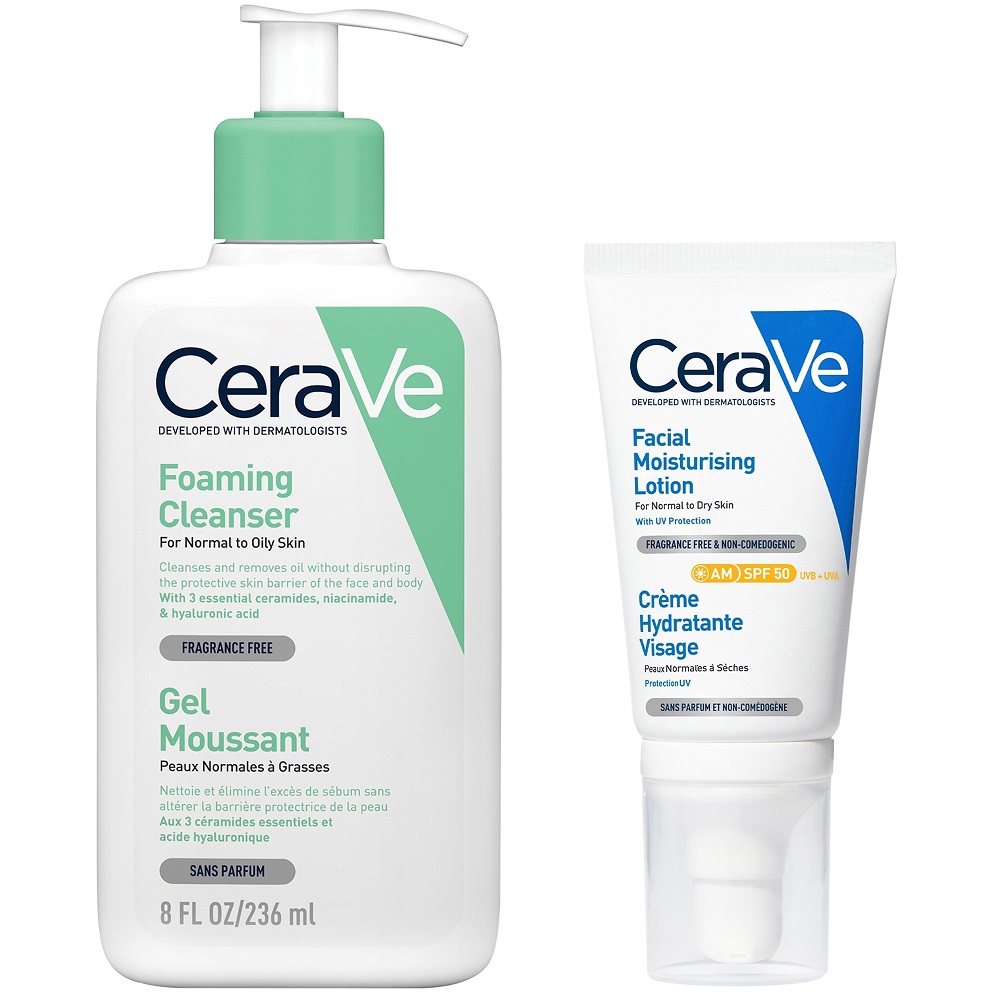
Selecting the best cleansers for oily skin requires attention to specific criteria. Consider these points:
Taking time to identify products that meet these essential criteria can lead to more successful management of oily skin. The right cleanser not only removes dirt and oil but also supports the overall health of the skin.
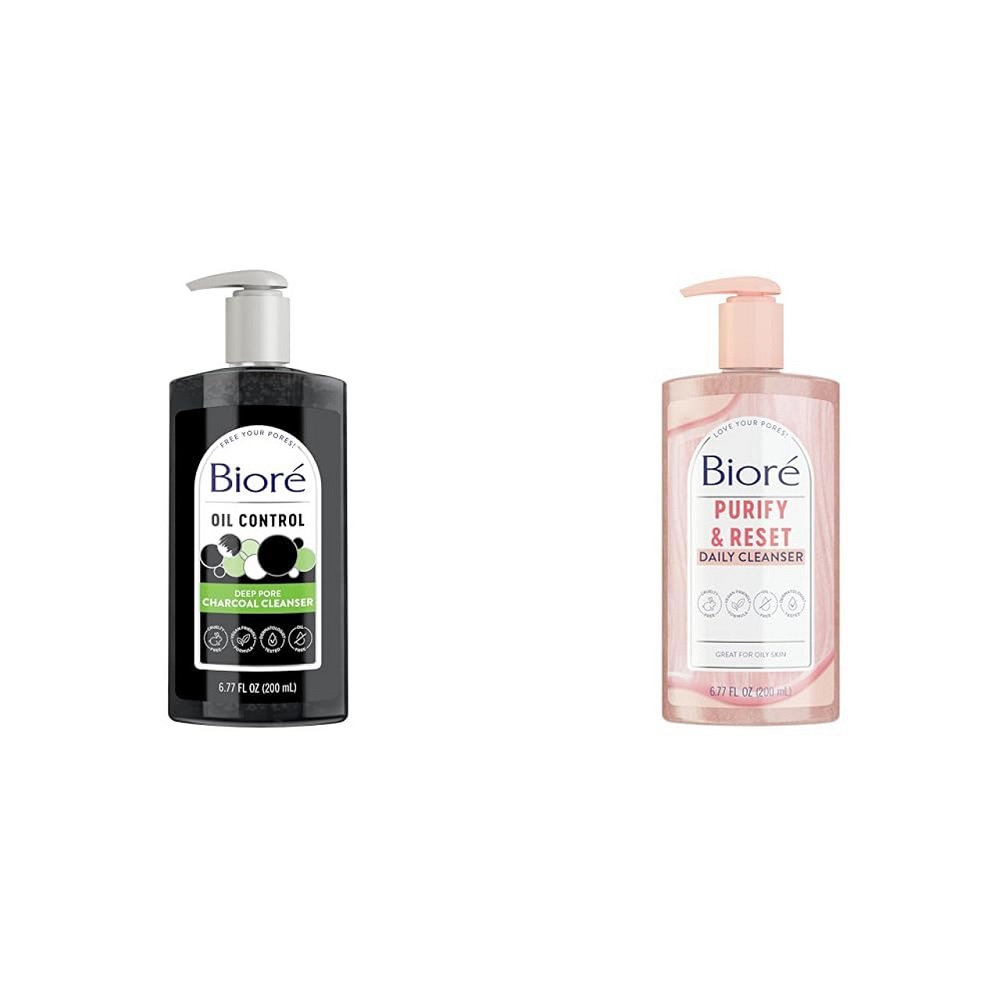
With a wide array of options, choosing the right cleanser can seem daunting. Yet, certain cleansers have risen above the rest, earning the title of the best cleansers for oily skin in 2025.
These products meet the essential criteria for oily skin care and stand out in the market. They strike a balance between managing oil production and maintaining skin hydration. When choosing from these top-rated options, consider your specific skin needs for the best results.
When exploring the best cleansers for oily skin, certain ingredients stand out. These components cater precisely to oily skin needs. Here’s a brief overview:
Selecting cleansers with these key ingredients can improve your skin care routine. These components help in maintaining a clean, matte finish without harsh effects on the skin. Remember, too much cleansing can disrupt the skin’s natural balance. Always aim for a balance between oil control and skin health.
A balanced pH is crucial in skincare, especially for oily skin types. Cleansers with a balanced pH maintain the skin’s natural barrier. This barrier protects against bacteria and pollutants. A pH level of 5.5 is ideal for most skin types. It matches the skin’s natural acidity. Products with a balanced pH can prevent irritation and inflammation. They also support healthy oil production. This balance keeps the skin from becoming too oily or too dry.
Look for cleansers with a ‘pH-balanced’ label. Labels should specify that the product is suitable for oily skin. Avoid cleansers with high alkalinity. These can strip your skin of essential oils. They can also lead to increased oil production as a defense mechanism.
In conclusion, ensure your cleanser’s pH aligns with your skin’s needs. A pH-balanced cleanser can greatly improve the health of your oily skin. It promotes a clean and shine-free complexion without causing harm.
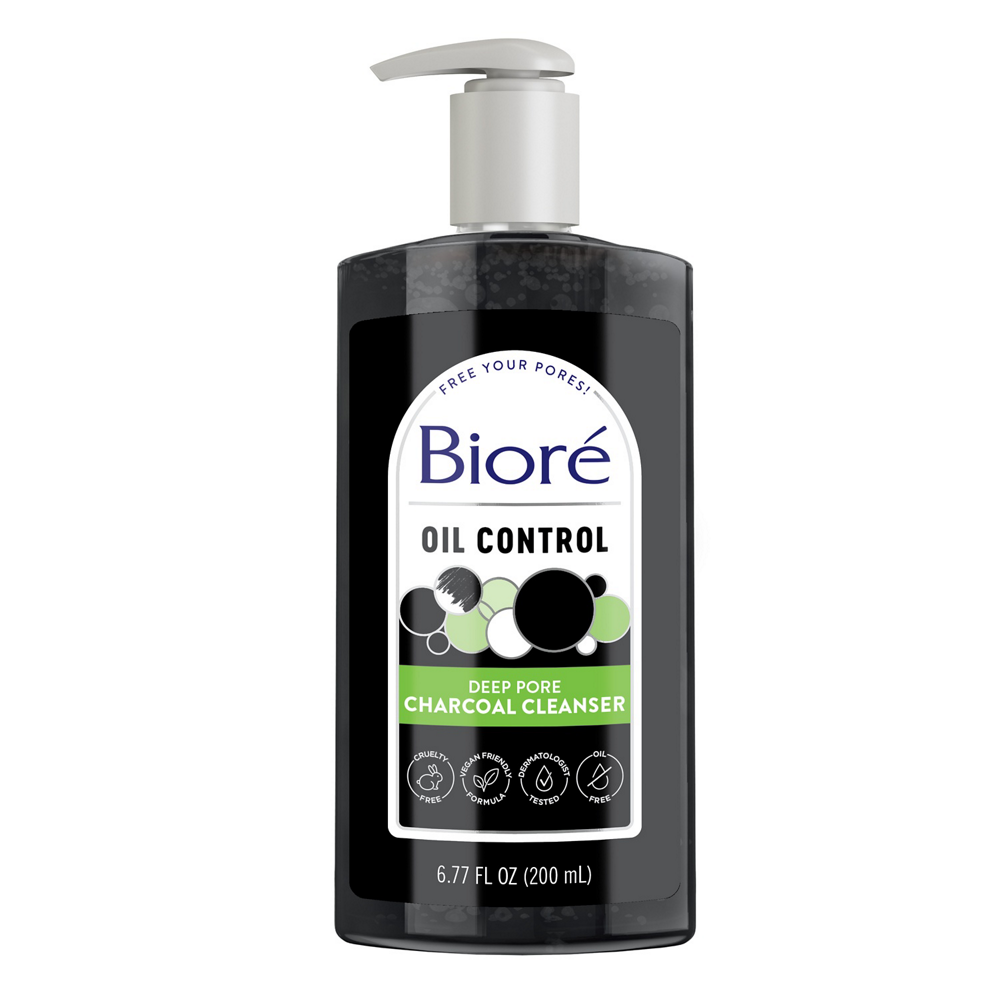
Cleansing frequency is a delicate balance for oily skin. It’s tempting to wash often. However, excessive cleansing can do more harm than good. Here are a few tips to guide you:
Understanding your skin’s needs is key to setting the right cleansing pace. Stick to these guidelines while considering the best cleansers for oily skin. They will help keep your skin clear and balanced.
Cleansing your face effectively involves more than choosing the best cleansers for oily skin. How you apply the cleanser also matters. Here’s how to maximize the benefits:
Remember, correct application enhances the performance of even the best cleansers for oily skin. Pair this with the right product and frequency, and you’ll support your skin’s health and appearance.
When managing oily skin, the products you apply topically are only a piece of the puzzle. Your diet plays a significant role in oil production and overall skin health. Though the best cleansers for oily skin can effectively remove excess oil, understanding and adjusting your dietary habits can enhance cleanser effectiveness.
By considering these dietary factors, you can support the effectiveness of your oily skin cleansers. Combine a balanced diet with the correct cleansing routine for the best results. Healthy eating habits can stabilize oil production, while topical cleansers deal with existing oil and impurities. Together, this holistic approach can lead to clearer, more balanced skin.

Managing oily skin involves more than just using the right cleansers; your diet can also play a significant role. High-glycemic foods, such as white bread, sugary snacks, and certain dairy products, can lead to increased oil production and breakouts. Incorporating more whole foods, fruits, and vegetables can provide essential nutrients that support skin health.
Foods rich in omega-3 fatty acids, such as fatty fish, flaxseeds, and walnuts, can also help reduce inflammation. Staying hydrated is equally important. Drinking plenty of water throughout the day helps flush out toxins and keeps the skin well-hydrated. A balanced diet, combined with effective skincare, can contribute to a clearer complexion and reduced oiliness.
Another vital factor in managing oily skin is stress. High stress levels can lead to increased hormone production, which in turn can cause excess oiliness and breakouts. Incorporating stress management techniques into your daily routine can help keep oil production in check.
Activities such as yoga, meditation, and even regular exercise can significantly reduce stress. These practices not only promote overall well-being but also improve blood circulation, contribute to a healthy glow, and enhance skin quality. Finding a balance in life will reflect positively on your skin, making it essential to address both external and internal factors.
For those with oily skin, establishing a consistent skincare routine is vital for achieving long-term results. Consistency will help manage oil levels and reduce the likelihood of breakouts over time. Cleaning your face twice a day, using the right products, and following up with toners and moisturizers will create a solid foundation for healthy skin.
Take time to identify the products that work best for your skin type and establish a routine that fits into your daily life. Allow your skin to adapt to the products over time; this may take a few weeks. Monitoring changes in your skin will help you adjust your routine as needed, ensuring optimal results.
It’s also beneficial to regularly assess your skin and adapt your routine accordingly. Factors such as weather changes, hormonal fluctuations, and lifestyle shifts can affect how your skin behaves. Keeping a skincare journal can help track what works for you and identify patterns that impact oiliness or breakouts.
If you notice persistent issues or acne that does not improve, consider consulting a dermatologist. Professional guidance can provide personalized recommendations tailored to your skin type and concerns. Regular assessments and open dialogue with skincare professionals can enhance your approach and achieve long-term success in managing oily skin.
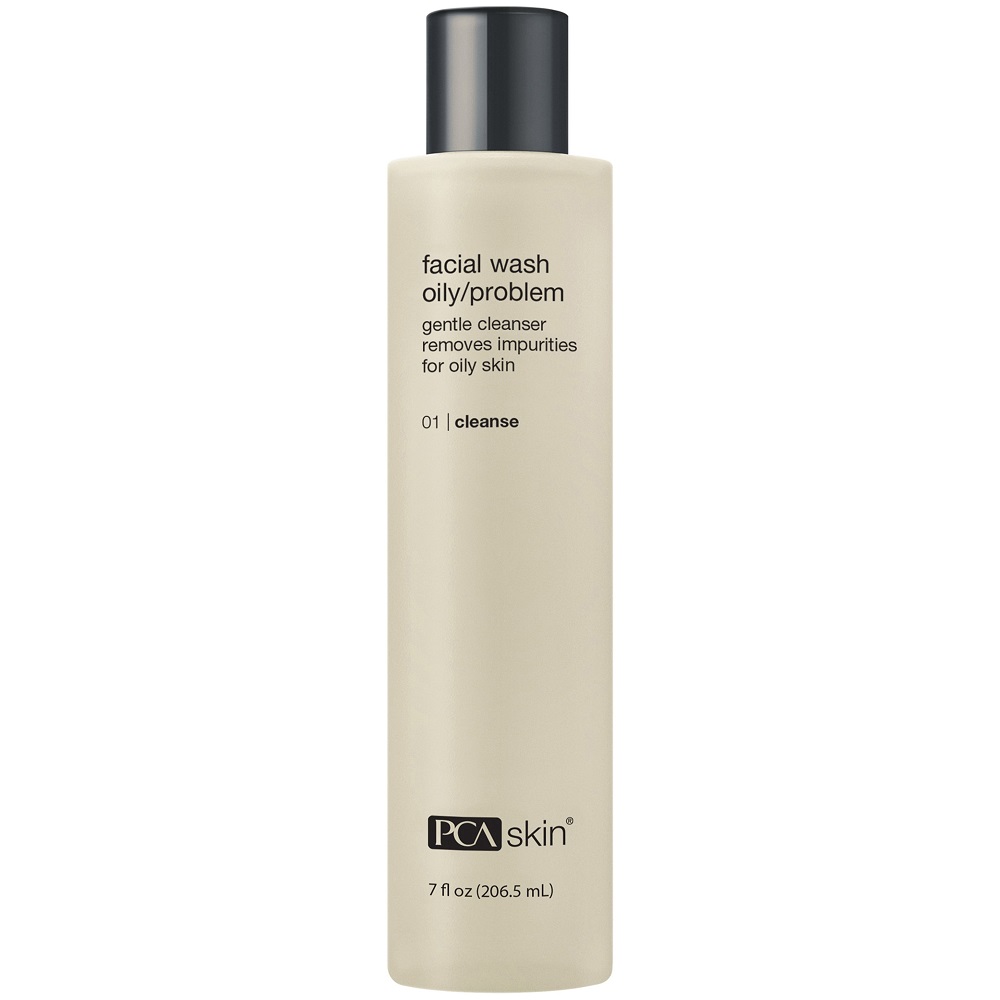
Managing oily skin can be a journey filled with ups and downs. It’s important to embrace a positive mindset and understand that progress may take time. Finding the right products and building an effective routine is key, but so is self-compassion. Remember that everyone’s skin is unique, and what works for one person may not work for another.
Being patient and committed to your skincare routine will yield results over time. Celebrate small victories, such as fewer breakouts or improved skin texture, and don’t hesitate to adjust your routine based on your skin’s needs. Ultimately, adopting a balanced approach that considers both skincare and lifestyle factors will help you achieve the beautiful complexion you desire.
As we look ahead to 2025 and beyond, new products and innovations in the skincare industry will continue to emerge. Staying informed about trends and advancements in ingredients can help you make educated choices when it comes to your oily skin regimen. Continual learning and adaptation are essential in navigating the evolving skincare landscape, ensuring that you always have the best tools at your disposal.
Maintaining clear, healthy skin requires a holistic approach that encompasses proper cleansing, lifestyle changes, and ongoing education. By remaining proactive and dedicated to your skincare journey, you can effectively manage oily skin and enjoy the confidence that comes with it. Embrace the process, and appreciate the progress as you strive for the radiant complexion you deserve!
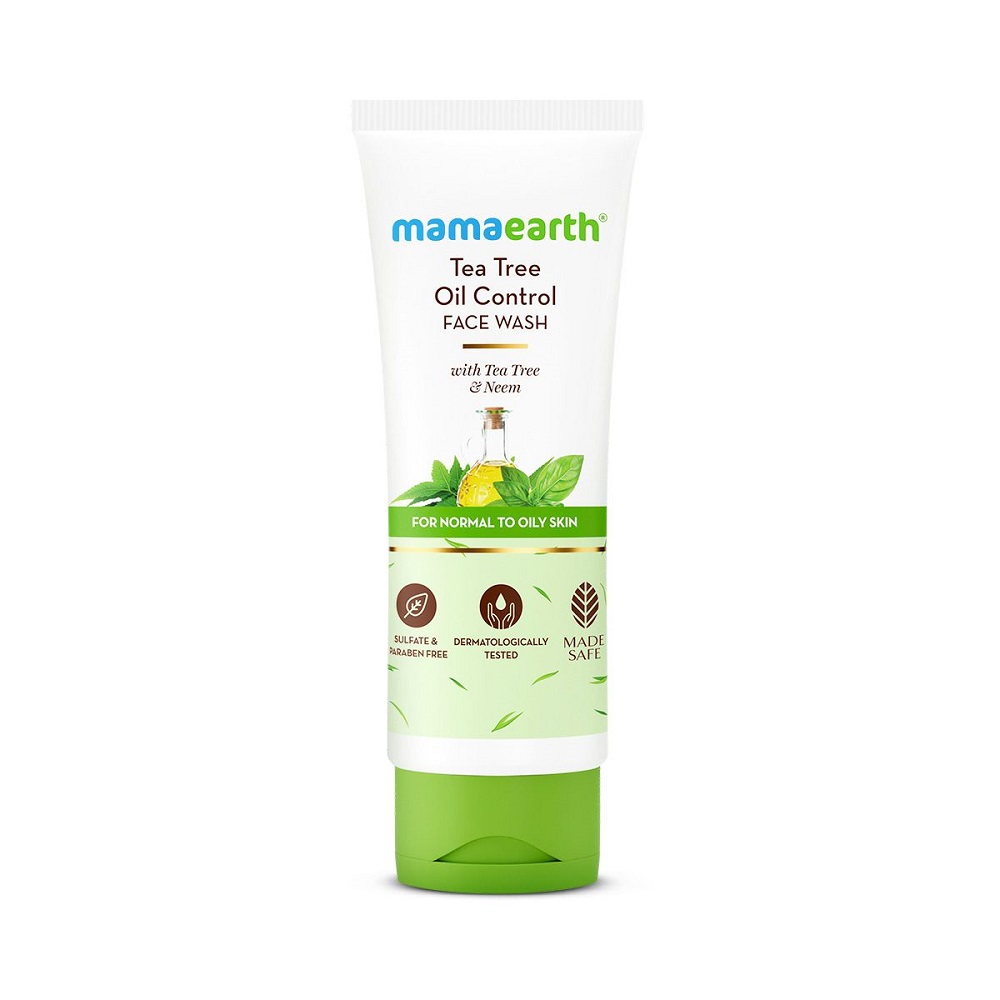
In conclusion, managing oily skin requires careful selection of suitable cleansers that effectively target excess oil while preserving skin health. The right products can help prevent breakouts, control shine, and provide a clean and refreshed feeling. As we enter 2025, numerous top picks are available, including CeraVe Foaming Facial Cleanser, Neutrogena Oil-Free Acne Wash, La Roche-Posay Effaclar Purifying Foaming Gel, and Biore Charcoal Cleanser.
By understanding the unique needs of oily skin and incorporating key ingredients, you can find a cleanser that works for you. Avoid common mistakes like over-cleansing or choosing harsh products, and complement your routine with toners, exfoliators, and moisturizers designed for oily skin. With the right approach, you can achieve a clear, balanced complexion and boost your confidence in your skin. Invest in the best cleansers for oily skin to reveal a healthy, radiant glow that shines through!